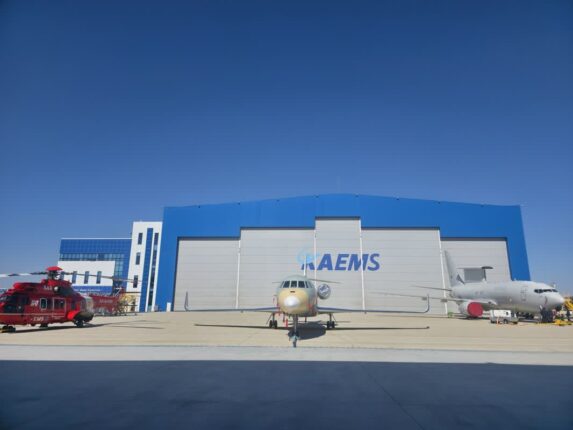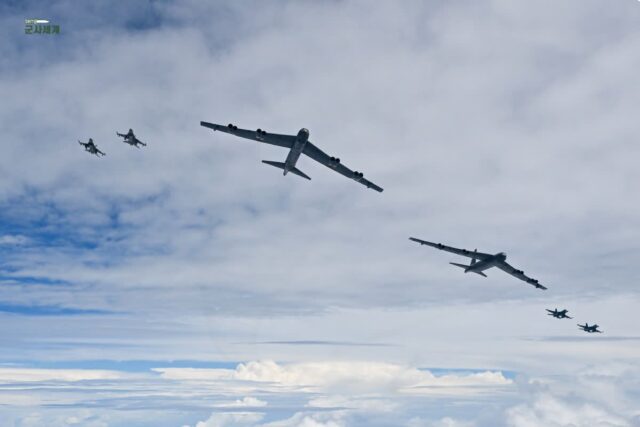South Korea Launches Military Reconnaissance Satellite No. 3, Strengthening Defense Capabilities
BEMIL Views






South Korea successfully launched its Military Reconnaissance Satellite No. 3 on December 21 at 8:34 p.m. from Vandenberg Space Force Base in California, USA. The launch marks a significant step in enhancing the country’s independent surveillance and reconnaissance abilities.
Approximately 51 minutes after liftoff, the satellite separated from the Falcon 9 rocket and entered its designated orbit. It communicated with the ground station two hours and 56 minutes later, confirming its stable condition.
The satellite will now undergo an on-orbit space trial led by the Agency for Defense Development (ADD) to verify its performance. After successful operational testing and military evaluation, it will begin its official surveillance and reconnaissance missions.
The Ministry of National Defense and the Defense Acquisition Program Administration (DAPA) stated that South Korea’s successful launch of Military Reconnaissance Satellite No. 3 has bolstered its independent surveillance capabilities. This strengthens the nation’s Kill Chain system and enhances its overall defense framework.
Similar to its predecessor, No. 2, the No. 3 satellite is equipped with synthetic aperture radar (SAR) and can capture ultra-high-resolution images in any weather, day or night.
For the first time, South Korea can operate its reconnaissance satellites as a cluster, combining Satellites No. 1, 2, and 3. This new capability will enable the military to detect potential North Korean provocations more quickly and accurately.
The satellite project, developed through a collaboration between DAPA, ADD, and South Korean private companies, strengthens military power. It also lays the groundwork for domestic satellite development, aligning with the growing importance of space in international security.
DAPA Administrator Seok Jong-geon, who observed the launch firsthand, emphasized, “With the successful launch of Satellite No. 3, we aim to operationalize follow-up reconnaissance satellites by next year. We are also developing ultra-small satellites to monitor indications of potential threats quickly. These advancements will help South Korea become a stronger defense space power by independently building advanced space assets.”
He added, “We will continue to enhance our space operations capabilities and strengthen our national defense by timely expanding space assets.”














Comments0